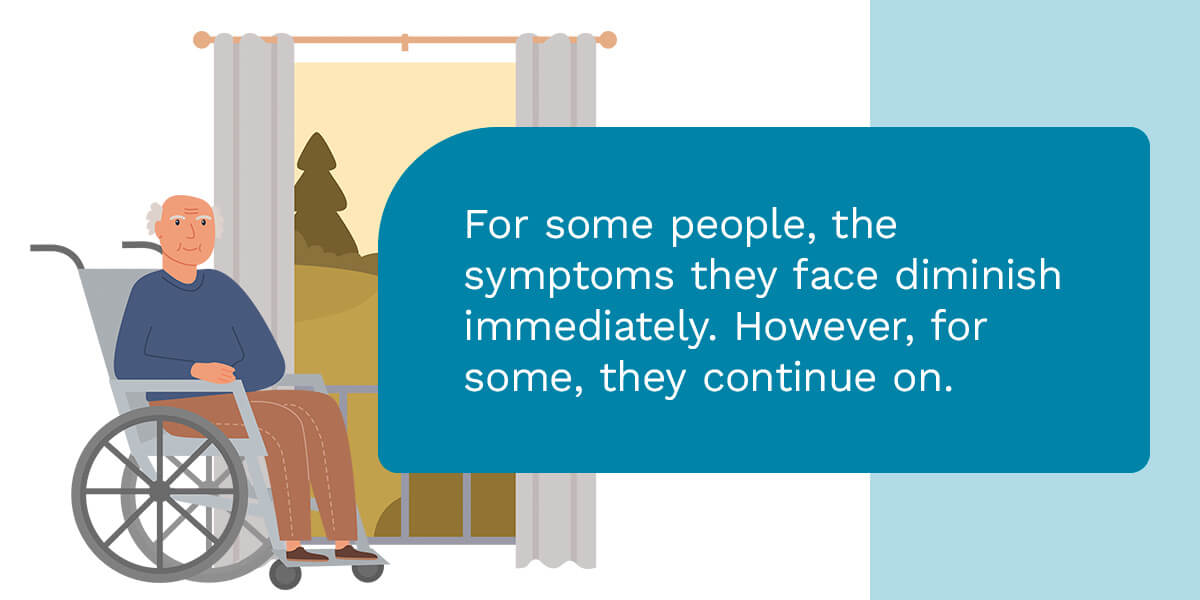Home care services can be a good solution for older adults who want to maintain their independence, but who need help with their medical procedures or day-to-day living. Every situation is different, but there are a few signs that may indicate it’s time to hire a home health aide.
- Balance Issues
Does your loved one walk in an unsteady manner that worries you? Do they experience pain while sitting or walking? If they do, they may be at risk of falling. So it’s best to hire help to them get around.
The inability to stand for long periods can make many aspects of home life more difficult. It can be hard to do basic chores like sweeping, vacuuming, or cooking. Home elder care will help with everyday chores and housekeeping. They will also help plan and cook nutritious meals, follow dietary guidelines, and keep track of intake if it is necessary for medical care. This can take a significant burden from seniors who have difficulty walking or standing.
- Forgetfulness
Although mild forgetfulness is a common part of aging, chronic forgetfulness is a problem. If you are worried about your loved one’s memory, then you might need to consult a doctor. A home health aide supports the senior deal with memory lapses, reducing the impact of memory loss.
- Missed Medication
With age comes more medications. As the number of medications increases, it can be difficult to keep track of what to take when and what might interact. One of the leading causes of ER visits in older adults is medication interaction, so it’s important to take these issues seriously. If you or a loved one is having a hard time keeping track, a home health aide can help keep records and make sure that all medications are taken at the correct time. Home care services can also include checking vital signs and mental state for conditions that require continuous monitoring.
- Decline in Personal Care
If your loved one is unable to take care of their personal hygiene, which could include having difficulty with daily personal grooming and care, or needs help getting in and out of a wheelchair, home care might be a good option. Cleanliness is important for health and healing, as well as general well-being. This help may include bathing, grooming, and dressing.
- Decline in the Home Environment
If there is expired food in the fridge, laundry piling up, unopened mail, and a general decline in their home environment then it’s an indication that your loved one can no longer keep up with the household chores and requires help.
- Depression or Loneliness
About half of seniors report feeling lonely. Although your loved one might be able to live on their own, loneliness can take a toll on their mental and physical health. If your loved one is spending too much time in front of a television and has lost interest in their favorite activities and hobbies, then they may be displaying signs of depression. In this scenario, they will benefit the most from companionship care.
- Desire to Remain Independent
Assisted living at home is a good alternative to nursing homes or full-time care. It allows an older adult to stay in his or her own home and maintain a usual routine whilst providing the medical and domestic attention necessary. Some older adults value their independence over all else, but still could use extra help, looking into home health care agencies might be the right choice.
- Family Caregiver Stress
Aging and elder care can be stressful for the older adult as well as their family. If the stress is putting a strain on everyday life or family relations, it may be time to find help. Home health care agencies will help educate the parent and the family about care and provide companionship for the parent throughout the day. Home health care can ease the strain and the workload for everyone involved.
Hiring home care is an important decision, and it may be a critical next step in helping an older adult remain safe, healthy, and happy at home. Home Care services can be medical or non-medical and can be easily customized to meet a person’s unique and changing needs.
Be sure to reach out to Corewood Care if you are considering home care services. Our services are available throughout Montgomery County, the District of Columbia, and parts of Northern Virginia for a few hours a day or around the clock. We’ll customize our care to meet your schedule.



Recent Comments